A Guide to Camping Safety: Be Prepared with the Right Knowledge and Gear
A successful family camping trip requires forethought and planning. Being prepared with the proper gear and knowledge will help ensure your camping trip is safe, relaxing, comfortable, and fun. Whether you’re staying at beautiful and historic Starved Rock State Park in Oglesby or breathtaking Troll Hollow Campground in Marseilles, being cautious and informed about sun exposure, wildlife, water, food, campfires, and RV travelling are important aspects of camping safety.
Fire Safety
Whenever possible, it’s safer to use a grill rather than build a campfire. Most campsites have grills for overnight visitors to use, or you can bring your own. Wayfair offers several great one-pot meal ideas for every course -- including dessert! -- and tips for making whipping up a delicious outdoor meal a cinch. If you bring your own grill, be sure to let it cool and pack it up properly when you’re done cooking.
Even if you cook your meals on the grill, many people think no camping adventure is complete until you’re gathered around a cozy fire telling spooky stories and roasting s’mores, so be sure to use caution when you do. Before building a campfire, check with the campground or park rangers to see if there are any restrictions. Campfires should be away from overhanging branches, steep slopes, rotten wood, and dry grass and leaves. The fire should be small and built on an existing fire ring that’s surrounded by rocks. Never leave the fire unattended or use gas or kerosene. Only use wood from the campsite area, as bringing wood from one area to another can introduce diseases and invasive insects.
The match should only be discarded once it’s cold. In case the fire gets out of hand, have a bucket of water and a shovel for throwing dirt. When you’re ready to put the fire out, drown it with water, stir the remains, add more water, and stir again. If you can’t touch the fire area with your bare hands, you shouldn’t leave it.
Sun Safety
Protect your family from the sun by applying sunscreen 30 minutes before going outside and reapplying as directed (no matter the time of year). Choose sunscreen with a minimum of SPF 15 and one that offers both UVA and UVB protection. Also, wear sunglasses, opaque clothing, and a brimmed hat. To protect the lips, apply a matte lip product with an SPF of 30. Avoid excessive sun exposure by planning activities in the sun for the early morning or late afternoon. During the middle of the day, stay in the shade.
Wildlife Safety
Seeing wildlife is part of the fun of camping, but wildlife should be treated with respect. Never feed, touch, or get close to a wild animal, even if it seems tame. Not only can human food be harmful to the health of wildlife, but it can also make them lose fear of people, leading to safety issues for both the animals and humans. Practice safe food storage by using a bear locker, animal-proof storage canister, or a special rig that hangs from trees. Never store food in your tent or leave food unattended.
Besides dealing with the itching and pain brought on by bug bites, you can also become ill from a number of diseases carried by insects. Apply insect repellent containing DEET to exposed skin and clothing. Long-sleeved shirts, long pants, and socks offer extra protection from mosquitoes, ticks, and chiggers. Light-colored clothing can make it easier to spot ticks. Check for ticks every day, and remove them as soon as they’re discovered.
Food and Drinking Water Safety
Bring safe drinking water with you when you go camping and hiking, and pack more than you think you need. Assume that any water from nature (lakes, rivers, streams, etc.) is unsafe for drinking. If you must use water from these sources, boil it or use a water purification tablet. Filtering the water is a separate but important step. When cooking and washing dishes, fruits, and vegetables, you should only use water that’s safe for drinking.
Food preparation safety is also important. Wash your hands before and after handling food. Keep perishable foods in an insulated cooler or refrigerator, and always wash fruits and vegetables. Food should be prepared on a clean surface. Keep raw and cooked foods separate, and ensure that meats are cooked to the proper internal temperatures. Chill leftover foods promptly. In higher temperatures, food spoils more quickly. For example, temperatures of 90 degrees or higher can spoil food within an hour.
RV Safety
If you’re taking an RV on your camping trip, be sure to have it serviced beforehand. Have the air conditioner, coils, filters, brakes, wheel bearings, and engine belts professionally checked. You should also confirm that your tires have adequate pressure and treading. Make sure the awnings and windshield wipers are in good condition, and ensure the refrigerator is in working order.
Camping is a great way to spend time with family and friends. It’s also the perfect opportunity for exploring and enjoying nature. However, there are risks involved with camping, and it’s best to be prepared by having the right knowledge and gear. A safe camper is a happy camper.
Jamie Strand is a guest blogger to hcdestinations.com.
Photo Credit: pooch_eire, Creative Commons license, Pixabay


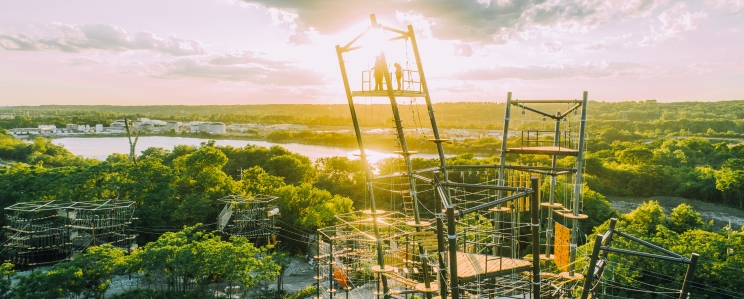
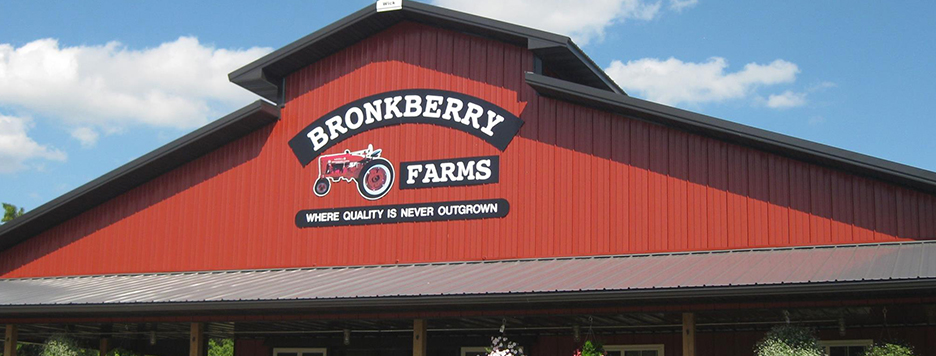
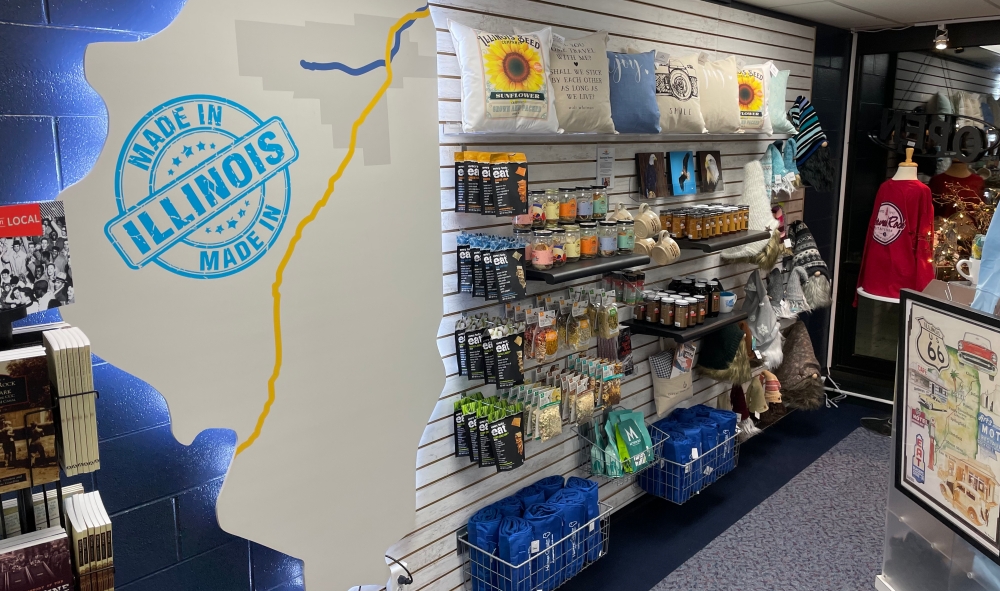
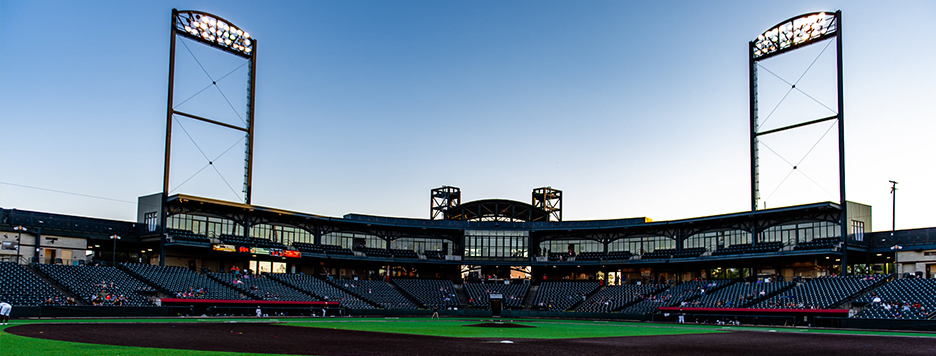
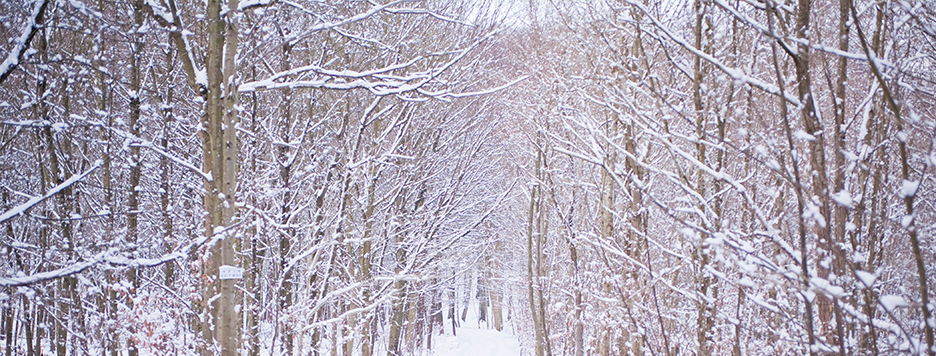
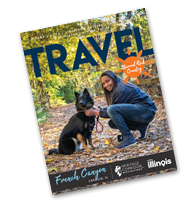 FREE VISITORS GUIDE
FREE VISITORS GUIDE



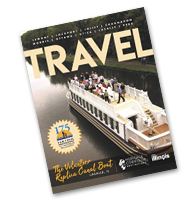
 FREE VISITORS GUIDE
FREE VISITORS GUIDE


